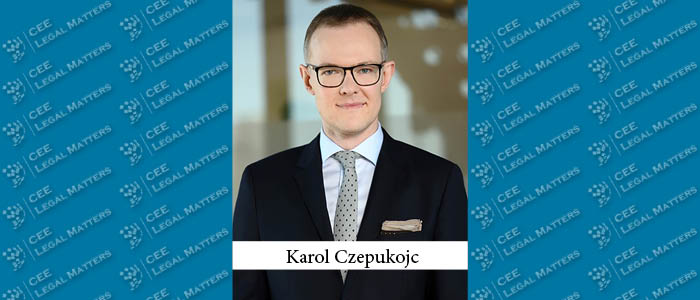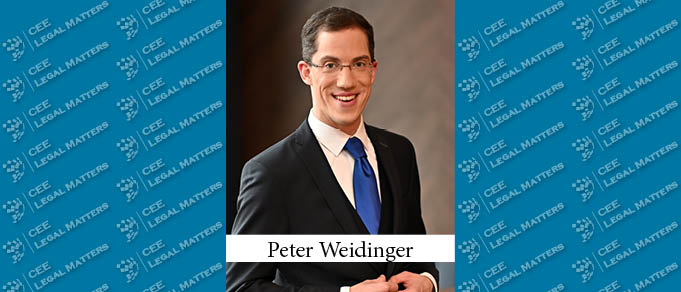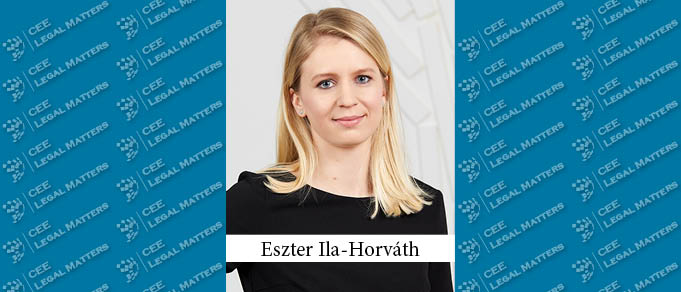In a time of economic turmoil, company directors and owners focus on maintaining their businesses as going concerns, ensuring financial stability, and managing relationships with their creditors, contractors, and employees. When necessary, that includes considering strategic debt management options. On the other hand, creditors and contractors concentrate on properly assessing and understanding the risks associated with a dynamically changing commercial environment, evaluating their strategies toward clients, and implementing adequate safeguards and responses to emerging threats.
Croatia: Insolvency and Restructuring
In Croatia, the legal landscape governing insolvency and restructuring is meticulously outlined in the Insolvency Act (Official Gazette no. 71/15, 104/17,36/22) providing a comprehensive framework for the initiation and execution of pre-insolvency and insolvency proceedings, outlining the ensuing legal consequences, and delineating the respective rights and obligations of debtors and creditors. With the recent amendment to the Insolvency Act introduced in 2022, solutions from the European Union have been adopted to encourage early restructuring of sustainable businesses, maintaining the continuity of company operations, and preventing insolvency. With these new changes, emphasis is being placed on insolvency prevention while also providing a strong framework for the protection of the creditors.
Bulgaria: A Step Closer to a More Effective Insolvency and Restructuring Regime
The extended deadline for the implementation of the Directive (EU) 2019/1023 has expired on July 17, 2022. More than a year later, in August 2023, the amendments to the Bulgarian Commercial Act concerning, among other things, insolvency and restructuring rules and procedures were finally published in the Bulgarian State Gazette. Apart from pure alignment with the European legislation, the amendments are aimed at certain long-standing shortcomings of the Bulgarian insolvency and restructuring regime.
Romania: Longstanding Legal Debate Over Improper Bookkeeping Settled by High Court
The Romanian High Court has recently settled a long-standing legal debate over the conditions for holding administrators personally liable in cases of improper bookkeeping of an insolvent company. This issue has been a point of contention within the legal system since 1995, creating divergence in jurisprudence that required resolution.
Slovakia: Dawn of a New Era for Insolvency Proceedings?
For a long time, the Slovak insolvency law landscape was overshadowed by deep structural problems that resulted in a dire outlook for creditors in insolvency and restructuring proceedings.
Fake Environmental Awareness, or the “Green Washing” Phenomenon According to the Hungarian Competition Authority
Today, more and more companies are trying to convince consumers with the pretence of a sustainable future and environmental awareness. However, in many cases, there is no real responsibility behind such marketing activities, which are simply intended as an effective advertising ploy to make green claims.
Stages of entry into force of the Hungarian Architecture Act
The Hungarian Parliament adopted the bill on Hungarian architecture on 12 December 2023, and the Hungarian Architecture Act was officially published 10 days later. The date of entry into force is different for certain sections of the Act, namely 30 December 2023, 1 October 2024, 1 January 2026 and finally 1 July 2027.
Changes for Renewable Energy Projects Brought About by the Urbanism Code
Following almost four years of consultations and debates, on March 29, 2023, Romania’s Government has submitted for the adoption of the Senate the draft law on the Code of Land Planning, Urbanism and Construction (the “Urbanism Code”).
Successful MiCAR Licensing in Austria: FMA Publishes Roadmap for Crypto-Asset Service Providers
As the regulatory landscape for crypto-assets undergoes a significant transformation with the European Union's implementation of the Markets in Crypto-Assets Regulation (MiCAR, Regulation (EU) 2023/1114), attention turns to the preparatory steps entities must take to comply with these new standards.
The Hungarian ESG Act Has Arrived
Due to the holiday season and the legislative dumping at the end of the year, the important new milestone in the ESG field did not receive much publicity, even though Act CVIII of 2023, the ESG Act, which is the first comprehensive Hungarian regulation in the field, entered into force as of January 1, 2024. The field, which until now has mostly been covered by EU sources of law and in one Hungarian law, has finally ceased to be a stepchild and has been given the first comprehensive and unified law, which the legislator himself named the ESG Act.
The Digitalization of Building Permitting Process in the Upcoming Urban Planning Code and the Challenges in Implementation
The Urban Planning, Urbanism, and Construction Code (“Urban Planning Code”) is a complex law project that aims to consolidate, reform, and standardize legislation in the construction sector. The Urban Planning Code draft bill is currently under parliamentary debate. Among the proposed reforms are the digitalization and simplification of the building permitting process.
New Rules for the Deduction of Intra-Group Expenses Incurred by Non-Resident Related Entities – Proposed Amendments
The recent practice in the field has shown that the expenses with intragroup services are currently one of the main topics addressed during tax audits and, at the same time, one of the main topics generating tax controversies.
Serbian Commission for Protection of Competition: The KTG and Eco Sense Case
The Serbian Commission for Protection of Competition (“Commission”) has recently determined that the companies KTG Solucije d.o.o. Subotica (“KTG”) and Eco sense doo Subotica (“Eco Sense”) entered into a restrictive agreement that significantly impacted competition in public procurement procedures related to hygiene maintenance materials and services.
Foreign Direct Investment Screening Regime is Introduced in Bulgaria
On February 22, 2024, Bulgaria, previously one of the few remaining EU countries without foreign direct investment (FDI) controls, introduced a new FDI screening regime in accordance with the EU FDI Screening Regulation 2019/452 (the “EU FDI Screening Regulation”).
Finnish Court’s Resolution Stating that Wolt Couriers Are Entrepreneurs is Getting Positive Attention in Estonia as Well
Finnish Hameenlinna Administrative Court made a historic resolution on 22.02.2024, in which it found that Wolt couriers are entrepreneurs, not employees. The question of whether platform employees are independent entrepreneurs or salaried employees is also relevant in Estonia. If and how can the resolution of the Finnish court affect how the activities of couriers would be qualified according to Estonian law?
New Obligation for Waste Producing Companies: The Compulsory Environmental Insurance
The new provisions on compulsory environmental insurance entered into force on 1 January 2024 through the modification of the Waste and a new Government Decree.
New Rules for the Insurance Market in Romania
On 16 January 2024, the Law No. 17/2024 amending and supplementing Law No. 237/2015 on the authorisation and supervision of insurance and reinsurance activities, as well as amending and supplementing certain regulatory acts was published in Official Gazette Of Romania No. 36., aiming to strengthen the protection of both policyholders and beneficiaries by ensuring the stability of the insurance market and a greater degree of predictability in the development of each individual company and the insurance market as a whole.
Bulgarian Parliament Adopts FDI Screening Regime
Until recently, Bulgaria was one of the few remaining EU countries not to have adopted a foreign direct investment (FDI) screening regime. However, this was set to change with the introduction of a bill in late June 2023 to amend the Investment Promotion Act. This amendment implements the screening mechanism outlined in Regulation (EU) 2019/452 (the "EU FDI Screening Regulation").
































